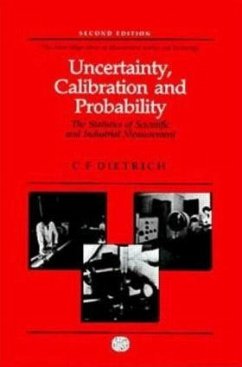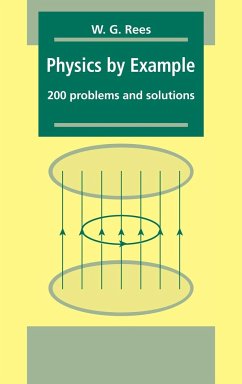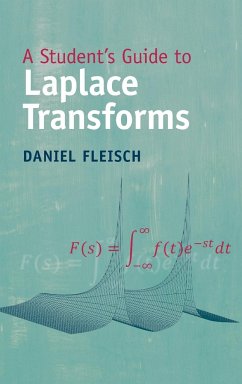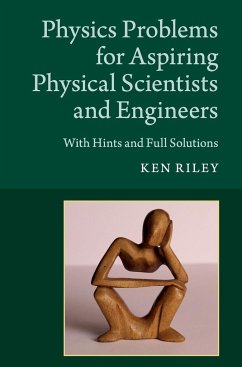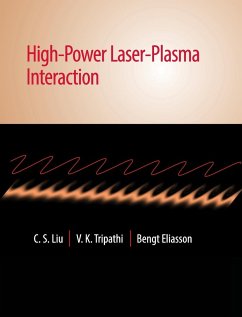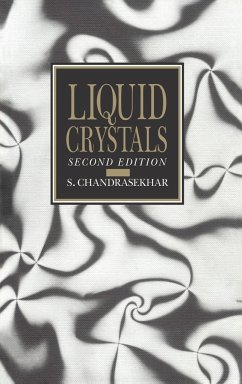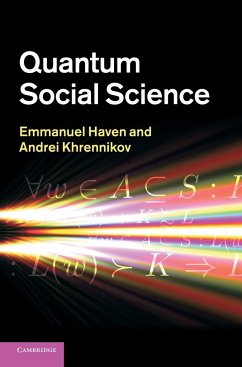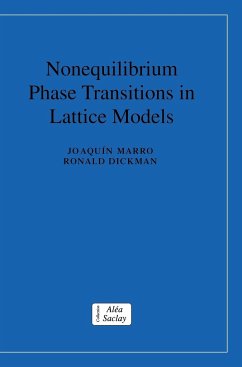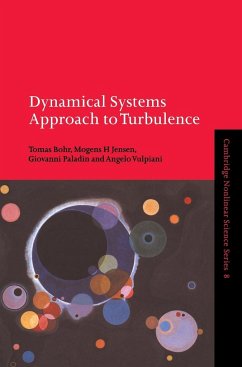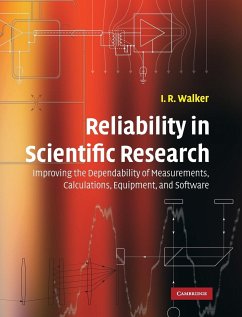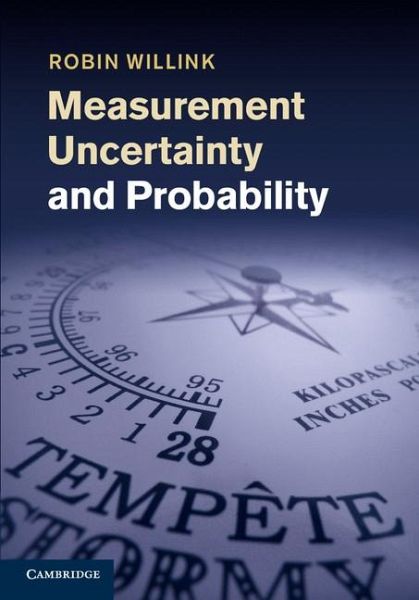
Measurement Uncertainty and Probability
Versandkostenfrei!
Versandfertig in 1-2 Wochen
145,99 €
inkl. MwSt.
Weitere Ausgaben:

PAYBACK Punkte
73 °P sammeln!
A measurement result is incomplete without a statement of its 'uncertainty' or 'margin of error'. But what does this statement actually tell us? By examining the practical meaning of probability, this book discusses what is meant by a '95 percent interval of measurement uncertainty', and how such an interval can be calculated. The book argues that the concept of an unknown 'target value' is essential if probability is to be used as a tool for evaluating measurement uncertainty. It uses statistical concepts, such as a conditional confidence interval, to present 'extended' classical methods for ...
A measurement result is incomplete without a statement of its 'uncertainty' or 'margin of error'. But what does this statement actually tell us? By examining the practical meaning of probability, this book discusses what is meant by a '95 percent interval of measurement uncertainty', and how such an interval can be calculated. The book argues that the concept of an unknown 'target value' is essential if probability is to be used as a tool for evaluating measurement uncertainty. It uses statistical concepts, such as a conditional confidence interval, to present 'extended' classical methods for evaluating measurement uncertainty. The use of the Monte Carlo principle for the simulation of experiments is described. Useful for researchers and graduate students, the book also discusses other philosophies relating to the evaluation of measurement uncertainty. It employs clear notation and language to avoid the confusion that exists in this controversial field of science.





